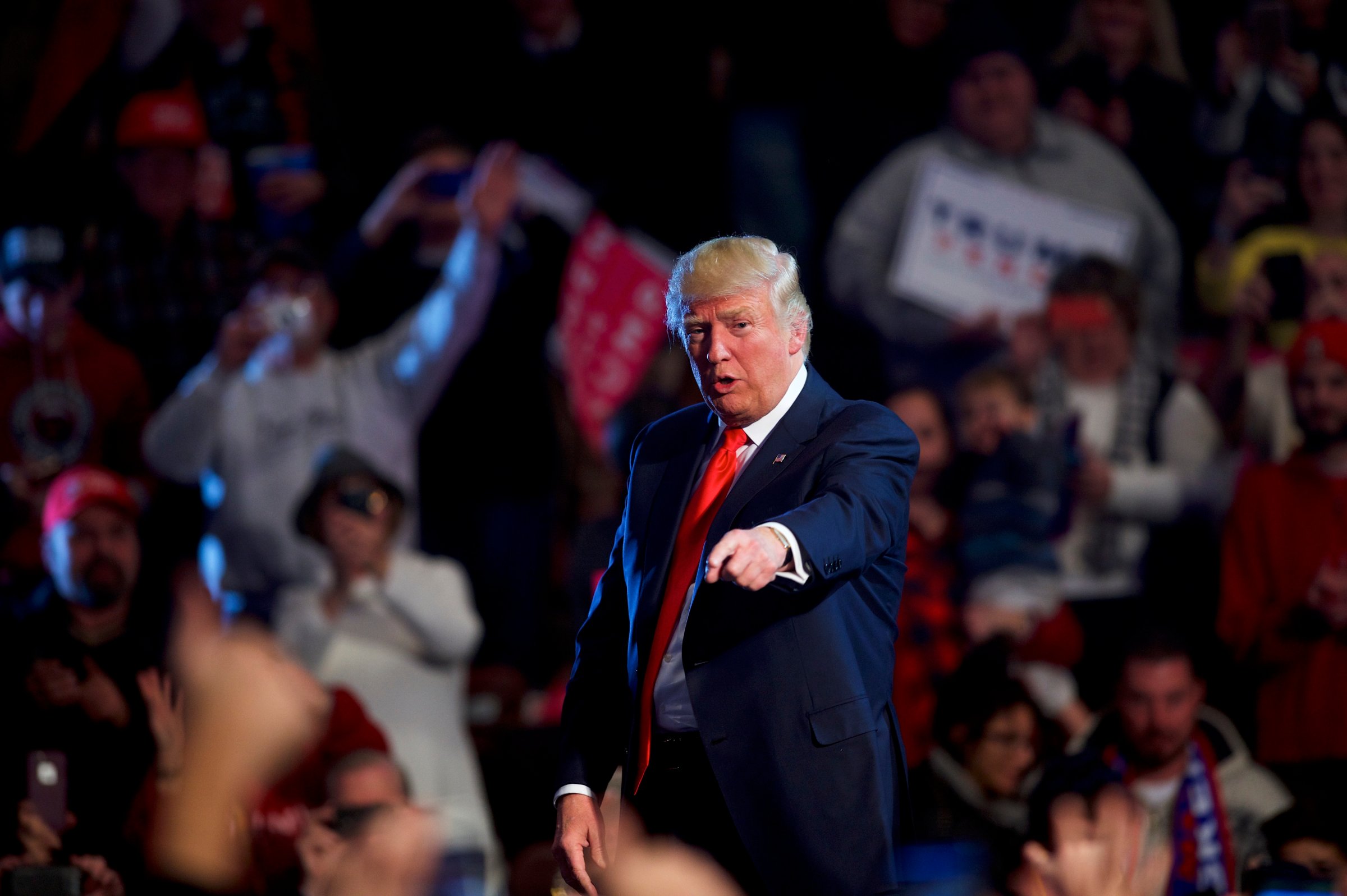
At the end of The Candidate, when underdog U.S. Senate candidate Bill McKay (played by Robert Redford) upsets a heavily favored opponent, he pulls his campaign manager into a side room and asks a single panicked question: “What do we do now?”
In the weeks since the November 8 election, some people have chosen to answer that same question by taking their concerns to the streets. While we respect the right to peaceably assemble, and understand the worries that have motivated the protests, demonstrations alone are not the answer.
The answer is to fully embrace our rights and responsibilities as citizens in a democracy. Whether you are pleased or dismayed by the November 8 outcome, the election was not the end of the story. It was the beginning of an opportunity to flex our citizenship muscles and make government work for us.
Let’s start with the victors. Polling suggested that Donald Trump won the Republican nomination because voters believed that government no longer listened to everyday Americans. A Rand Corporation survey in January 2016 found that 86.5% of primary voters were more likely to vote for Trump if they believed that people like them didn’t have any say about what government does.
Both the general election outcome and Senator Bernie Sanders’ strong showing in the Democratic contests prove that feeling of alienation from public institutions is even more widespread—particularly in parts of the nation that have not shared in the economic recovery. But that feeling won’t go away just by voting for candidates who speak to those frustrations. Empowerment does not occur vicariously. Those Americans who voted in hopes that President-elect Trump and other candidates would upend the political and economic status quo now need to hold victorious elected officials accountable.
Similarly, the feelings of disappointment that many Hillary Clinton supporters or Donald Trump opponents have experienced after the election won’t go away on their own. While there are no permanent victories or defeats in politics, rejuvenation does not occur organically. Those who view the results with concern need to get up off the turf, dust themselves off and use the skills of effective citizenship to move the political and governmental processes in their direction.
Identify a problem. Do your homework. Join with others who share your goals. Gauge public opinion and spread the word through traditional and social media. Pick the right timing. Find the necessary financial resources. Persuade decision-makers. Demand a return to the foundation of democracy—the teaching of civics and active citizenship in elementary and secondary schools, as well as colleges and universities, to help students become successful advocates.
You may be skeptical that citizens can make government respond. Many people believe that, as the saying goes, you can’t fight City Hall. But Americans have repeatedly demonstrated over time that such a cynical sentiment is incorrect.
Don’t take our word for it. Ask the unlikely alliance between leaders in the Georgia Tea Party and Georgia Sierra Club. Working with solar power advocates, they persuaded regulators and state legislators to help Georgians use solar energy over the objections of politically powerful utility interests.
Ask the grieving women who sat around a table in Sacramento, California, and channeled their sadness into the founding of Mothers Against Drunk Driving. Less than five years later, they had established hundreds of local MADD chapters around the nation and transformed federal and state law.
Ask the University of Missouri football players who took a stand and refused to play until their concerns about racism on campus were addressed. Faced with a possible boycott and the resulting loss of revenue, the university president seen as indifferent to those concerns had no choice but to resign.
Ask the LGBT advocates and business leaders who formed coalitions in places as far-flung as Indiana, North Carolina and West Central Florida to insist that public leaders—including Vice President-elect Mike Pence—oppose discrimination and ensure equality.
These American patriots have reaffirmed that each of us holds the most important title in American democracy: citizen. As former Illinois governor, presidential candidate and ambassador Adlai Stevenson once said, “As citizens of this democracy, you are the rulers and the ruled, the law-givers and the law-abiders, the beginning and the end.” Now is the time to embrace that exalted status.
More Must-Reads From TIME
- The 100 Most Influential People of 2024
- The Revolution of Yulia Navalnaya
- 6 Compliments That Land Every Time
- What's the Deal With the Bitcoin Halving?
- If You're Dating Right Now , You're Brave: Column
- The AI That Could Heal a Divided Internet
- Fallout Is a Brilliant Model for the Future of Video Game Adaptations
- Want Weekly Recs on What to Watch, Read, and More? Sign Up for Worth Your Time
Contact us at letters@time.com